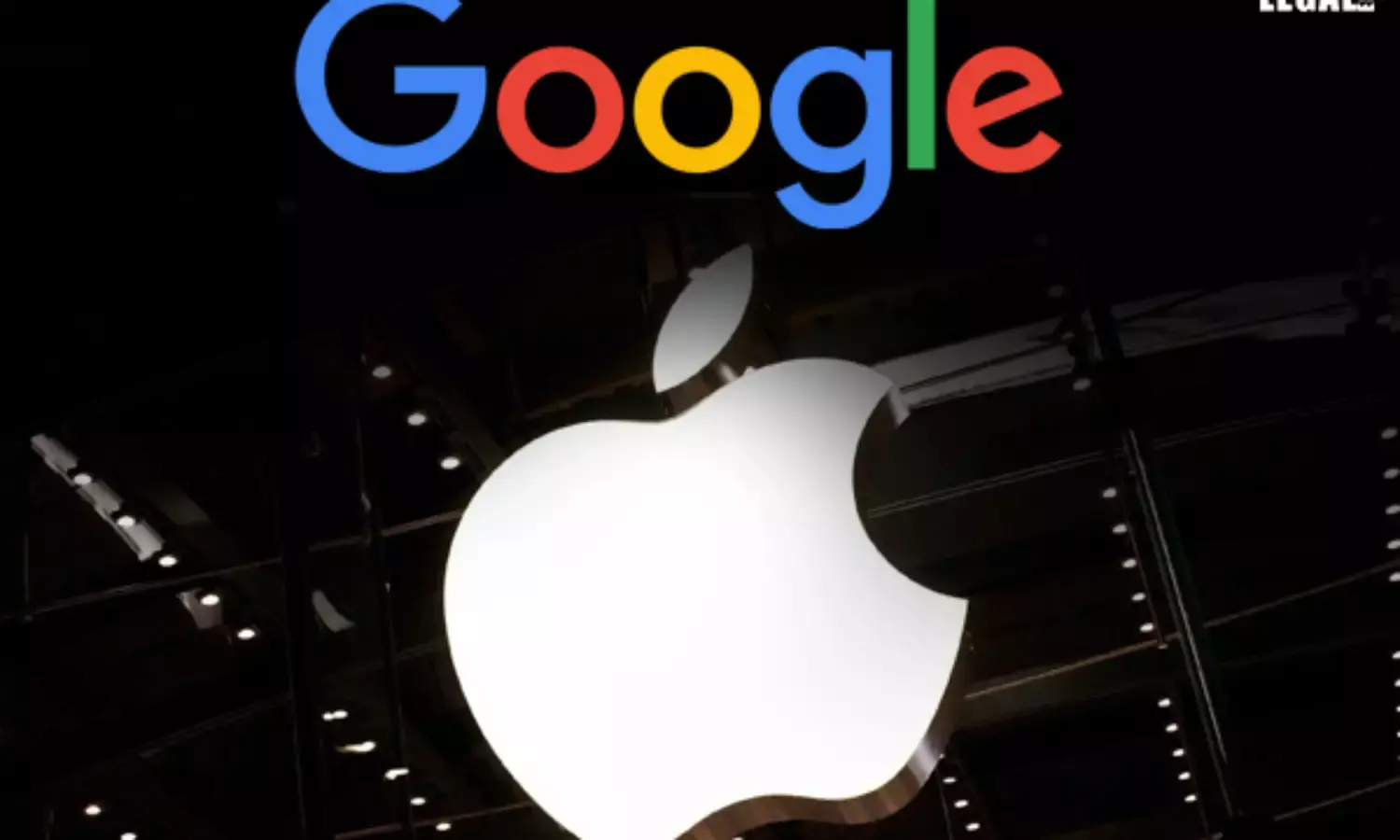US District Court Ruling In Google Monopoly Case Boosts Apple’s Defense
Supports the iPhone maker in its court battle with prosecutors;

US District Court Ruling In Google Monopoly Case Boosts Apple’s Defense
Supports the iPhone maker in its court battle with prosecutors
The recent ruling by the US District Court against Google’s search business as an illegal monopoly is likely to boost the defense of Apple in its antitrust case.
The decision supports that companies generally have no obligation to assist competitors. This could help Apple to argue that its limitations on third-party developers were reasonable and not anti-competitive.
Apple could win, though Alphabet's Google lost the fight with the US antitrust enforcers recently. The ruling supported the iPhone maker's defense in its antitrust court battle with US prosecutors.
A federal judge sided with the state and federal antitrust enforcers, ruling that Google's search business was an illegal monopoly. However, he rejected the claim by several US states that one of Google's ad tools was designed to give the company an advantage over Bing, the search engine owned and operated by Microsoft.
Herbert Hovenkamp, who teaches antitrust at the University of Pennsylvania Carey Law School explained that the ruling underscored the Supreme Court precedent that companies do not have a "duty to deal" with their rivals. He added that a case like Apple, in which a ‘duty to deal’ is a major portion, will be noticed.
The states had claimed that Google thwarted competition by failing to offer key features for rivals' ads through Search Ads 360, a tool for managing marketing campaigns across multiple search engines.
District Judge Amit Mehta had agreed with Google that it did not need to spur competition by accommodating its rivals. He stated, "Their claim requires grappling with a host of questions that the court is ill-equipped to handle.”
That part of the ruling is good for defendants, said William Kovacic, a professor at the George Washington University Law School and former commissioner of the Federal Trade Commission (FTC). He added, "It is also a reminder that the case is hardly finished.”
The case and appeals could take years. Meanwhile, Apple could lose billions of dollars because of the Google case if the judge banned the search engine from paying the iPhone maker and others to become the default search engine on their devices.
Judge Mehta observed that in 2021, Google paid $26.3 billion to ensure that its search engine was the default on smartphones and browsers and kept the dominant market share.
However, the Google ruling could bolster Apple, as the Department of Justice (DoJ) stated that it hampered the development of third-party apps and devices.
Recently, the company pleaded for the case dismissal. It argued that putting reasonable limitations on third-party developers' access to its technology did not amount to anti-competitive behavior. Forcing it to share technology with competitors would chill innovation.
In Apple's case, the judge might not follow Mehta's ruling, though the company might request him.
Meanwhile, Hovenkamp said that the DoJ will need to show that Apple's interactions with developers were more like Google's payments to device makers. "To win, the government will have to point to some agreement, because then the standard becomes more aggressive," he added.

